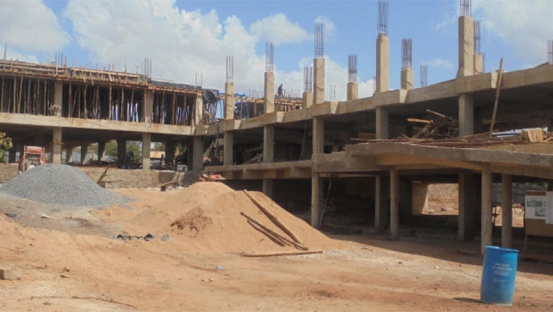×
The Standard e-Paper
Smart Minds Choose Us

Kathwana, a heat-soaked market centre ensconced between two rivers on the lower slopes of Mount Kenya, first came to prominence in 1984 when retired President Daniel arap Moi constructed gabions there in the first such national exercise. Rivers Maara and Mutonga, both tributaries of the mighty Tana, flow five kilometres just apart, yet Kathwana is still without a reliable water supply.